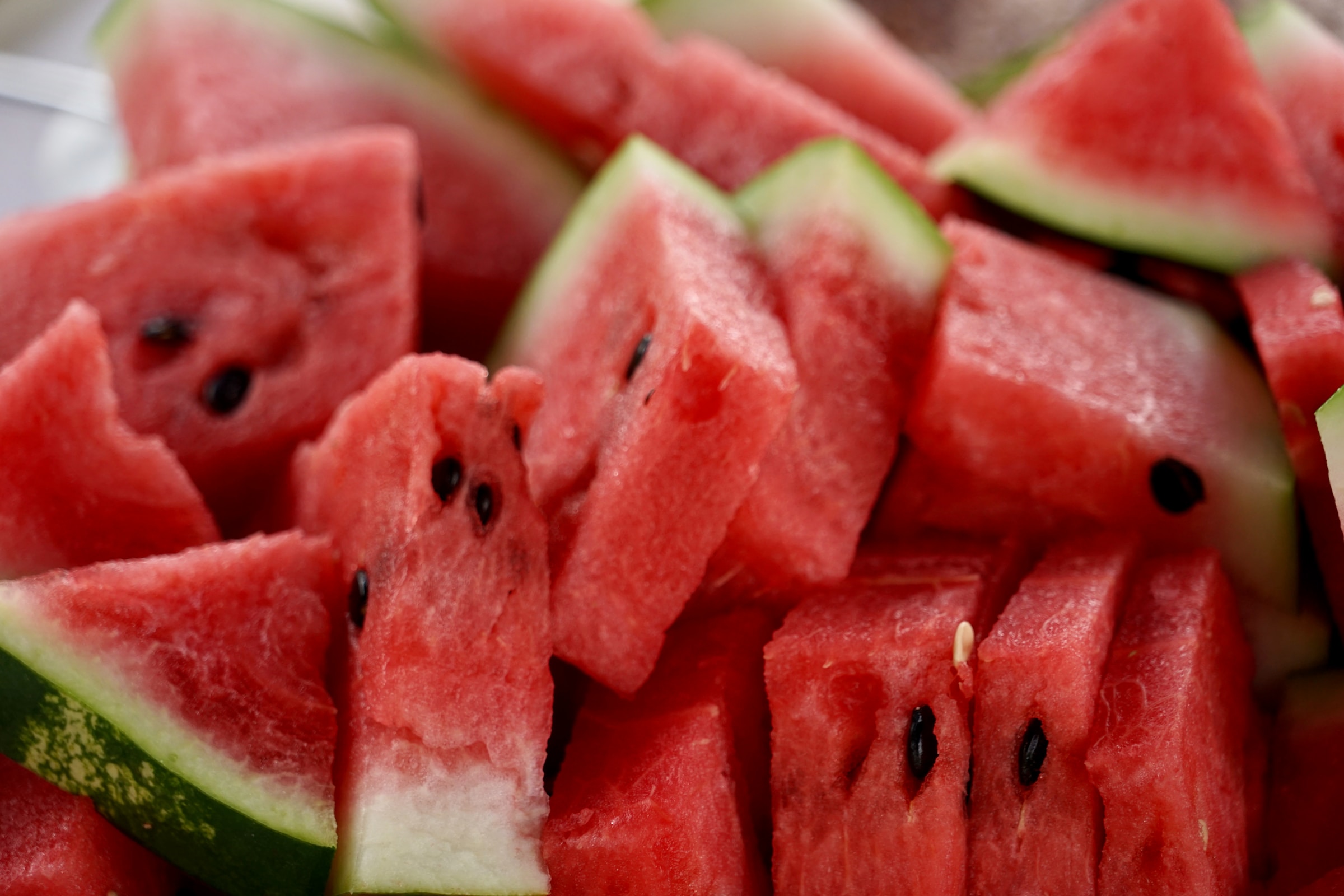Summer is the season of juicy and refreshing fruits, and one of the most beloved fruits of the season is watermelon. Not only is watermelon delicious and hydrating, but it’s also packed with nutrients that can benefit your health in a variety of ways. In this article, we’ll take a closer look at the health quotient of watermelon and why it’s a great addition to your summer diet.
Watermelon is a low-calorie fruit that is high in water content, making it a great choice for hydration during the hot summer months. In fact, watermelon is made up of about 92% water, which makes it a great way to stay hydrated and cool down on a hot day.
But watermelon is not just a refreshing fruit. It’s also packed with nutrients that can benefit your health in a variety of ways. For example, watermelon is a great source of vitamin C, which is an antioxidant that can help protect your cells from damage caused by free radicals. Vitamin C is also important for immune function and can help your body absorb iron from plant-based foods.
Watermelon is also a good source of vitamin A, which is important for eye health and immune function. It’s also a good source of potassium, which is important for heart health and can help regulate blood pressure.
In addition to these vitamins and minerals, watermelon is also a good source of lycopene, which is a powerful antioxidant that can help protect your cells from damage. Lycopene has been linked to a reduced risk of heart disease, certain types of cancer, and other chronic diseases.
But the health benefits of watermelon don’t stop there. Watermelon is also a good source of citrulline, which is an amino acid that can help improve blood flow and reduce muscle soreness. Citrulline is converted into arginine in the body, which is important for the production of nitric oxide. Nitric oxide is a molecule that helps dilate blood vessels, which can improve blood flow and reduce the risk of heart disease.
Watermelon is also a great choice for weight management. It’s low in calories and high in water content, which can help you feel full and satisfied without consuming too many calories. In fact, one cup of diced watermelon contains only 46 calories, making it a great snack or addition to any meal.
But how can you incorporate watermelon into your diet? There are many ways to enjoy this delicious and nutritious fruit. You can simply slice it up and enjoy it as a snack, or you can add it to salads, smoothies, or even grilled dishes for a sweet and refreshing twist.
One popular way to enjoy watermelon is in a refreshing summer drink. Watermelon juice is easy to make and can be a great way to stay hydrated and cool down on a hot day. Simply blend fresh watermelon with a little bit of water and ice, and you have a delicious and nutritious drink that’s perfect for summer.
In conclusion, watermelon is a delicious and nutritious fruit that is packed with vitamins, minerals, and antioxidants that can benefit your health in a variety of ways. It’s a great choice for hydration, weight management, and heart health, and can be enjoyed in a variety of ways. So next time you’re looking for a refreshing and healthy snack, reach for a juicy and nutritious watermelon.










